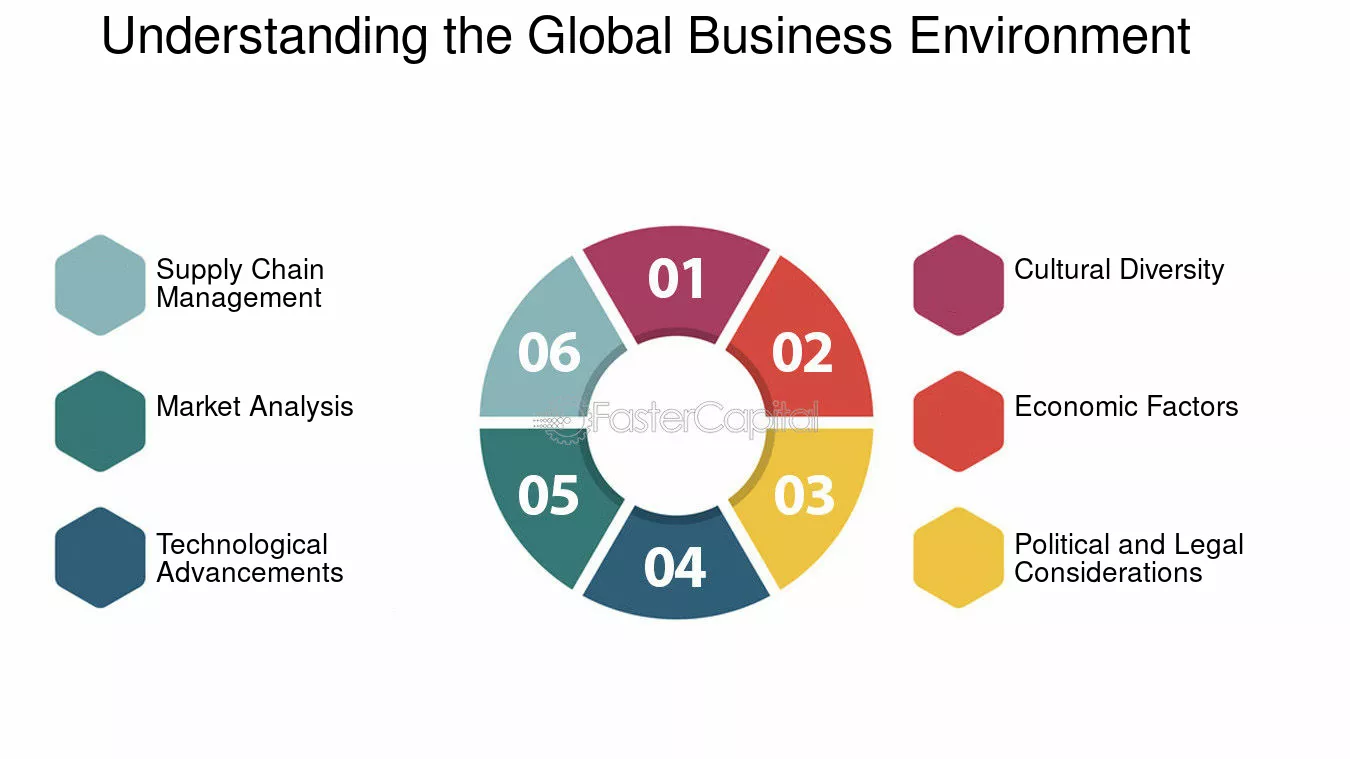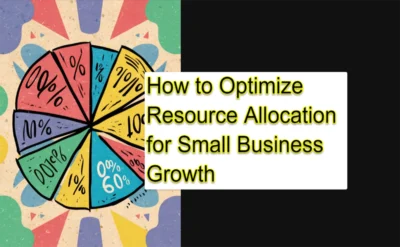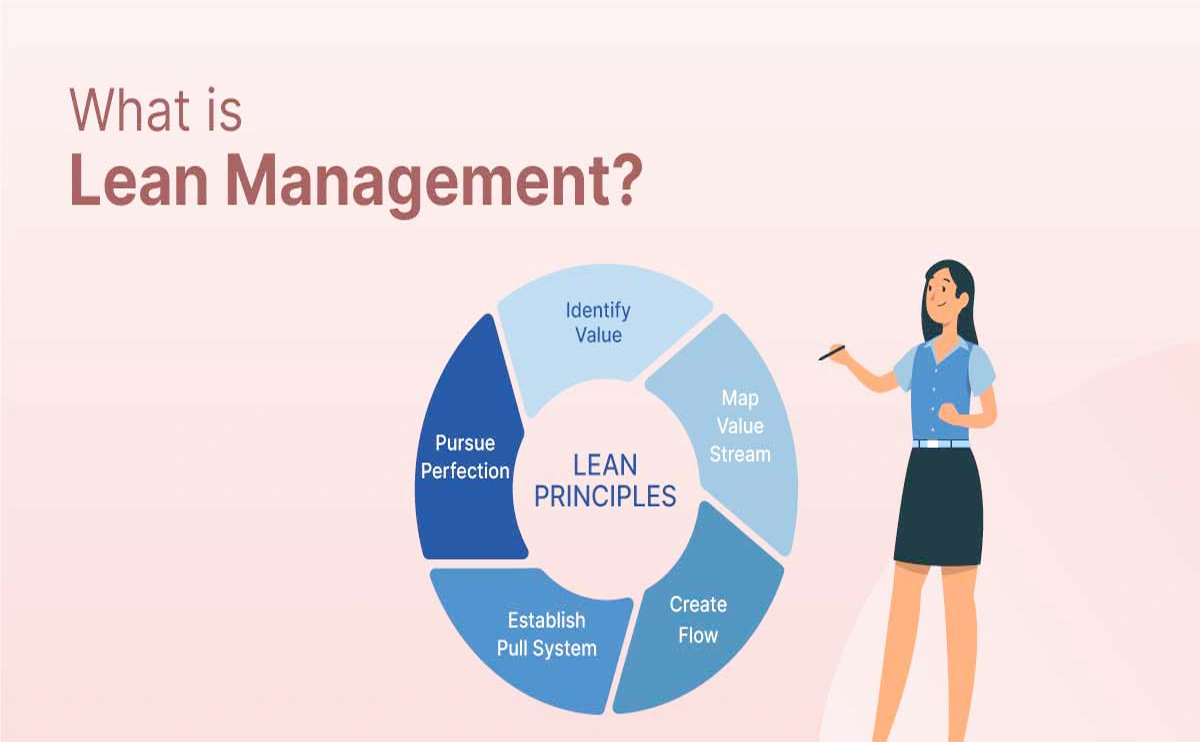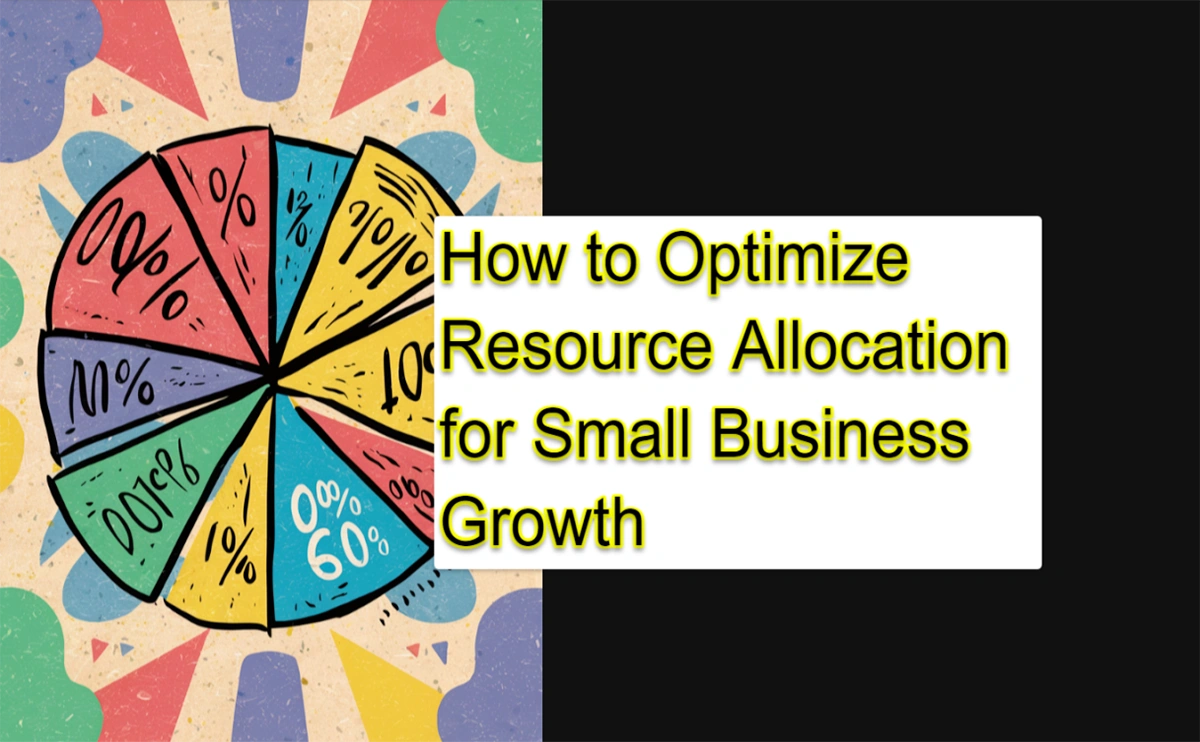In today's interconnected world, no business operates in isolation. Over 80% of global trade flows through multinational corporations, shaping economies and influencing the livelihoods of billions. World business, a dynamic and multifaceted domain, transcends national borders and involves a complex interplay of economic activities, cultural influences, technological innovations, and political dynamics. This blog post explores the landscape of world business, offering a detailed overview of its key components, current trends, and challenges, while highlighting the strategies needed to thrive in the global economy.
Understanding World Business
World business refers to the global landscape of commerce and trade, encompassing a wide range of industries, markets, and economic activities conducted across international borders. It includes multinational corporations, international trade agreements, global supply chains, and cross-border investments. The dynamics of world business are shaped by several factors such as technological advancements, political and economic policies, cultural differences, and global economic trends.
Operating in the global marketplace requires more than just exporting products; it demands a deep understanding of international regulations, cultural nuances, competitive landscapes, and the economic and political environments of target markets.
Key Aspects of World Business
1. Globalization
Globalization is the cornerstone of world business. It refers to the process by which businesses or other organizations develop international influence or begin to operate on an international scale. Globalization fosters interconnectedness between national economies, cultures, and populations through trade, investment, technology, and the flow of information.
Impact of Globalization:
- Reduced barriers to trade and investment
- Increased mobility of labor and capital
- Enhanced access to global markets
- Rapid diffusion of innovation and technology
The rise of digital communication, international trade agreements, and liberalized economic policies has accelerated globalization, allowing even small and medium-sized enterprises (SMEs) to reach international customers.
2. Multinational Corporations (MNCs)
Multinational corporations are businesses that operate in multiple countries, often with a centralized headquarters in one country and operations, manufacturing, or sales functions in others. These organizations drive global business by bringing capital, technology, and employment opportunities to host countries.
Examples of MNCs:
- Apple Inc. – Designs in the U.S., manufactures in China, sells worldwide.
- Toyota – Headquartered in Japan with production facilities across North America, Europe, and Asia.
- Unilever – Operates in over 190 countries, offering consumer goods tailored to local markets.
MNCs benefit from economies of scale, access to diverse talent, and risk diversification. However, they also face challenges related to regulatory compliance, cultural integration, and geopolitical risks.
3. International Trade
International trade involves the exchange of goods and services across national borders. It includes:
- Exports – Goods/services produced domestically and sold abroad.
- Imports – Goods/services purchased from foreign producers.
Trade enhances efficiency and specialization, allowing countries to focus on producing goods where they have a comparative advantage. Organizations benefit from expanded market reach, cost advantages, and access to unique resources and technologies.
4. Foreign Direct Investment (FDI)
Foreign Direct Investment refers to investment by a company or individual in business interests in another country. This may involve establishing operations, acquiring assets, or forming joint ventures.
Types of FDI:
- Greenfield Investments – Establishing new operations from the ground up.
- Mergers & Acquisitions – Buying or merging with existing foreign businesses.
- Joint Ventures – Partnering with local businesses to enter new markets.
FDI contributes to economic growth by creating jobs, enhancing skills, and facilitating technology transfer.
5. Global Supply Chain Management
Managing supply chains across borders is a complex but essential component of world business. Global supply chain management involves overseeing the flow of goods and services, from raw material sourcing to final product delivery.
Key Considerations:
- Sourcing and procurement from multiple countries
- Inventory management and logistics
- Quality control and compliance
- Risk mitigation strategies
Efficient supply chain management helps reduce costs, improve customer satisfaction, and ensure timely delivery. Companies like Amazon and DHL exemplify excellence in global logistics and fulfillment.
6. Trade Agreements and International Organizations
Trade agreements and international institutions play a pivotal role in facilitating and regulating world business.
Major Trade Agreements:
- North American Free Trade Agreement (NAFTA) / USMCA
- European Union (EU)
- Regional Comprehensive Economic Partnership (RCEP)
Key Organizations:
- World Trade Organization (WTO) – Regulates international trade rules.
- International Monetary Fund (IMF) – Provides financial support and policy advice.
- World Bank – Funds development projects in emerging economies.
These frameworks help reduce trade barriers, resolve disputes, and promote economic stability.
7. Emerging Markets
Emerging markets are economies that are transitioning from low to middle-income status and experiencing rapid industrialization and growth.
Key Examples:
- China – World’s second-largest economy, a hub for manufacturing and innovation.
- India – A fast-growing services and technology economy.
- Brazil – Rich in natural resources with expanding middle-class consumption.
Emerging markets offer tremendous opportunities for business expansion, investment, and tapping into a growing consumer base. However, they also pose risks such as regulatory uncertainty and political instability.
8. Technological Advancements
Technology is a game-changer in world business. Innovations in digital tools, artificial intelligence (AI), robotics, and big data are transforming how businesses operate and compete globally.
Technological Impacts:
- Enhanced communication through platforms like Zoom and Slack
- Rise of e-commerce platforms like Alibaba and Amazon
- Real-time data analytics for decision-making
- Automation of manufacturing and logistics
Businesses that embrace digital transformation are more agile, customer-focused, and efficient in global operations.
9. Cultural Diversity
Operating in diverse cultural environments requires sensitivity and adaptability. Culture influences consumer behavior, management styles, negotiation tactics, and communication norms.
Examples of Cultural Differences:
- Business etiquette: Directness is valued in the U.S., while indirect communication is preferred in Japan.
- Decision-making: Individualistic vs. consensus-based cultures
- Workplace dynamics: Hierarchical vs. egalitarian structures
Cross-cultural training and inclusive management practices are essential for building cohesive international teams.
10. Economic Policies and Regulations
Governments play a significant role in shaping the business environment through policies on taxation, trade tariffs, labor laws, and environmental regulations.
Key Considerations:
- Understanding local compliance requirements
- Monitoring policy changes and political developments
- Adapting business strategies to regulatory landscapes
Failure to comply with local laws can lead to fines, reputational damage, or exclusion from markets.
 Project Cloud Sneakers for Women
Project Cloud Sneakers for Women
 Retro Oval 90s Metal Sunglasses for Women
$17.99
Retro Oval 90s Metal Sunglasses for Women
$17.99
 The Holy Bible in Audio
$0.00
The Holy Bible in Audio
$0.00





















4 thoughts on “Overview of World Business: Navigating the Global Marketplace”
Kuruçeşme su kaçağı tespiti Tespit ve çözüm süreci çok hızlı ve sorunsuzdu. https://meherpurbarta.com/3838/
Мы оказываем услуги по получению https://libertyfintravel.ru/grajdanstvo-bolgarii – гражданства Болгарии
Полное юридическое сопровождение, договор, гарантии!
We provide services for obtaining citizenship of Bulgari. Full legal support, contract, guarantees. Just https://t.me/LibFinTravel – Contact us!
Nice thought about world business. 🙂
Специальные разделы https://amanita-love.ru/product/sushenye-shlyapki-mukhomor-pantyernyy-100-gramm/
Магазины • Ягоды и грибы •
Наше время:
У нас можно купить свежие, сушеные грибы и ягоды, выращенные и собранные в экологически чистых Владимирских лесах, а также заготовки из них https://amanita-love.ru/product/troychatka-protivoparazitarnaya-v-kapsulakh-60-kapsul/